A few years ago, a friend of mine from Canada came to visit so I took some time off to show her around Amsterdam. After a couple of hours wandering around the city, she suddenly stopped and blurted out “What’s going on in this town?? Is there some sort of ‘sexy single Dad’ convention on today?” I stared at her utterly confused. “Come on!” she said, “What’s with all the hot dad’s alone with their kids?” she exclaimed.
I looked around, fearing I had missed some parade of shirtless baby-wearing men marching down the street. Nothing was amiss, everyday scenes of Amsterdam life swirled around us – and to my disappointed, I didn’t spot any unusually good-looking men in our vicinity. She went on to loudly express her utter amazement at the amount of “active” fathers she had seen alone (gasp!) with their children around town that day. “Remember that Dad this morning riding the bike with his 3 kids?” “And all those Dads we passed in the park…and now that Dad over there feeding a baby, and that guy pushing the stroller, and that one by the canal…”
I cut her off, as clearly this exercise could go on all day, and her finger-pointing and elevated voice was starting to attract a few pairs of curious eyes. “Shhhh”, I replied. “They’re just all on their “papadag”!
I should have guessed this wouldn’t quiet her down: “Their WHAT??” she cried, mimicking my throaty Dutch “g”.
The Dutch word “papadag” doesn’t have me bat an eyelid now, but back when I first arrived in the Netherlands my reaction was pretty similar to my Canadian friend’s. What?? Men take a day off work, EVERY week to just be with their children?! It wasn’t that the concept in itself was not appreciated, it was just sooo utterly unheard of. In North America a day off each month for fatherly duties would be a shocker, let alone a day a week!
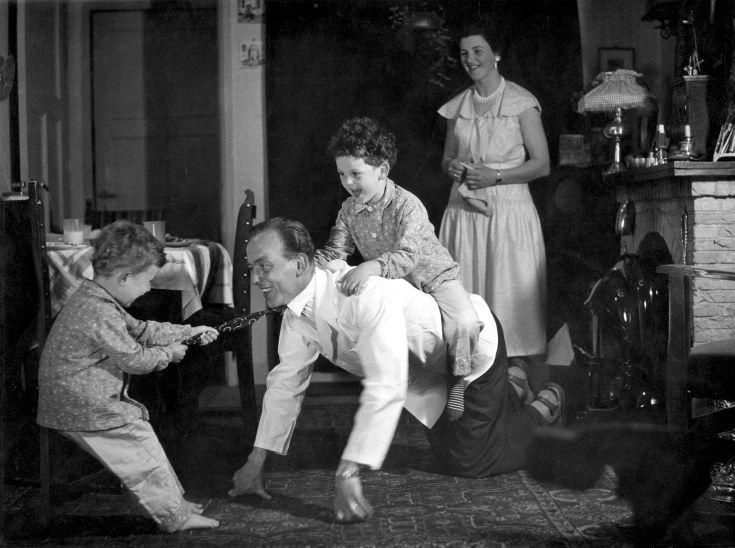
According to national statistics, over a third of men in the Netherlands work a reduced work week. In fact, a whopping 25% of Dutch men officially work part-time. This is an enormously high figure, especially when compared to the European average of 8%. Furthermore, a large portion of men who work full-time (36hrs) choose to do so over the course of a four-day work week, rather than the traditional five.
Dutch employers are highly accustomed to the “daddy-day” arrangement and often offer it as selling-point in interviews or contract negotiations. It does help that, according to the Economist, the Netherlands has a “rather laid-back approach to work: with more than half of the Dutch working population working part-time, a far greater share than in any other rich-world country”.
A few years back the New York Times ran a feature article on part-time work, and introduced America to the concept of the Dutch daddy- day:
“Working four days a week is now the rule rather than the exception among my friends,” said Mr. Vermaire, the first man at Wijn & Stael Advocaten to take a “daddy day” in 2006. Within a year, all the other male lawyers with small children in his firm had followed suit.”
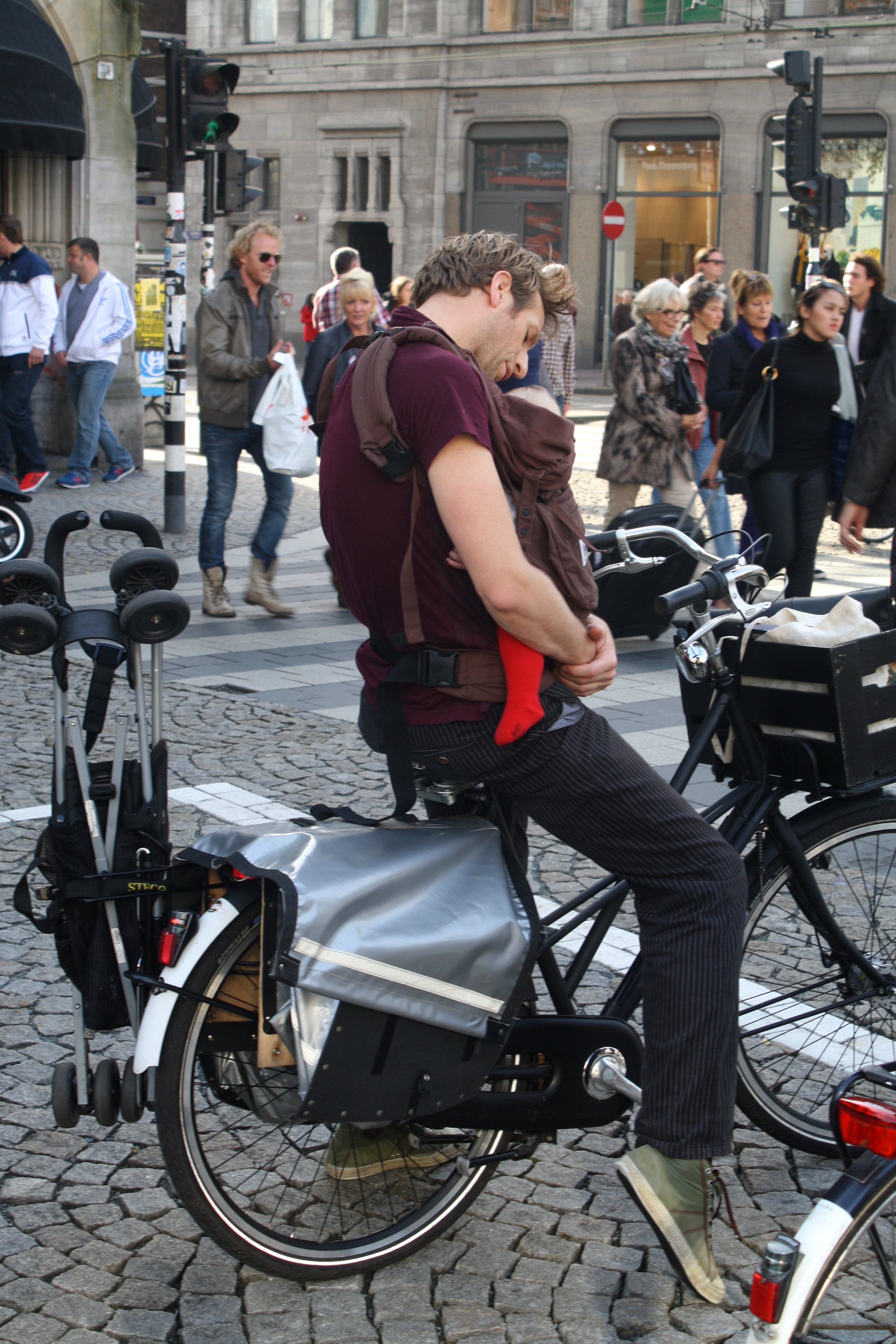 Now that I’m a mother myself, the papadag has taken on a whole new meaning. It truly is a privilege to live in a nation where men not only have the desire – but also the opportunity – to actively participate in the weekly childcare duties.
Now that I’m a mother myself, the papadag has taken on a whole new meaning. It truly is a privilege to live in a nation where men not only have the desire – but also the opportunity – to actively participate in the weekly childcare duties.
A recent study in America attempting to gauge the opinions of employers regarding men and deliberate part-time work choice. The study concluded that men were more likely to be penalized for working part-time than women:
” Part-time work arose in the U.S. economy as heavily feminized types of work. Employers might perceive nonstandard employment histories as a common experience for women. For men, by contrast, employers may take such a history as a signal that the male worker was unable to find a full-time, standard job.”
As important shifts in our globalised working culture continue to take place, it is my hope that the Dutch attitude towards part-time work – especially the concept and value of a “daddy day” – will cross the atlantic. Right now, it’s a far flung idea for many, but it never hurts to dream big!
One thing is true if you spend any time in the Netherlands, you are sure to see Dads playing an active role around nearly every corner: Dad’s making the school run, Dads biking their kids to playdates, Dads at the playgrounds, Dads at museums, Dads at the doctor’s…you get the idea! If, however, you have a penchant for Dutch men (like my Canadian friend) – don’t go assuming these dads are single simply because they happen to be spending quality time- alone– with their kids!

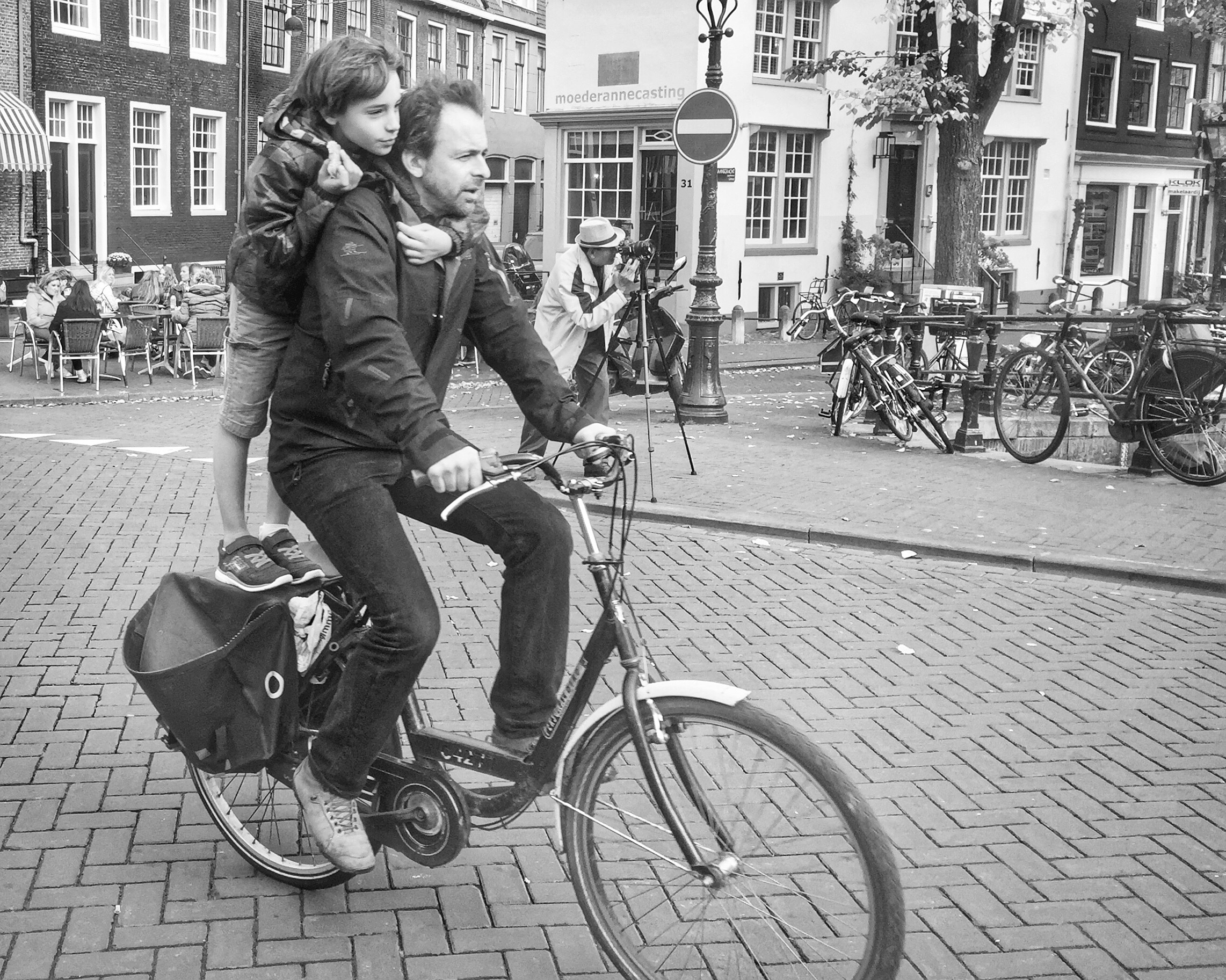
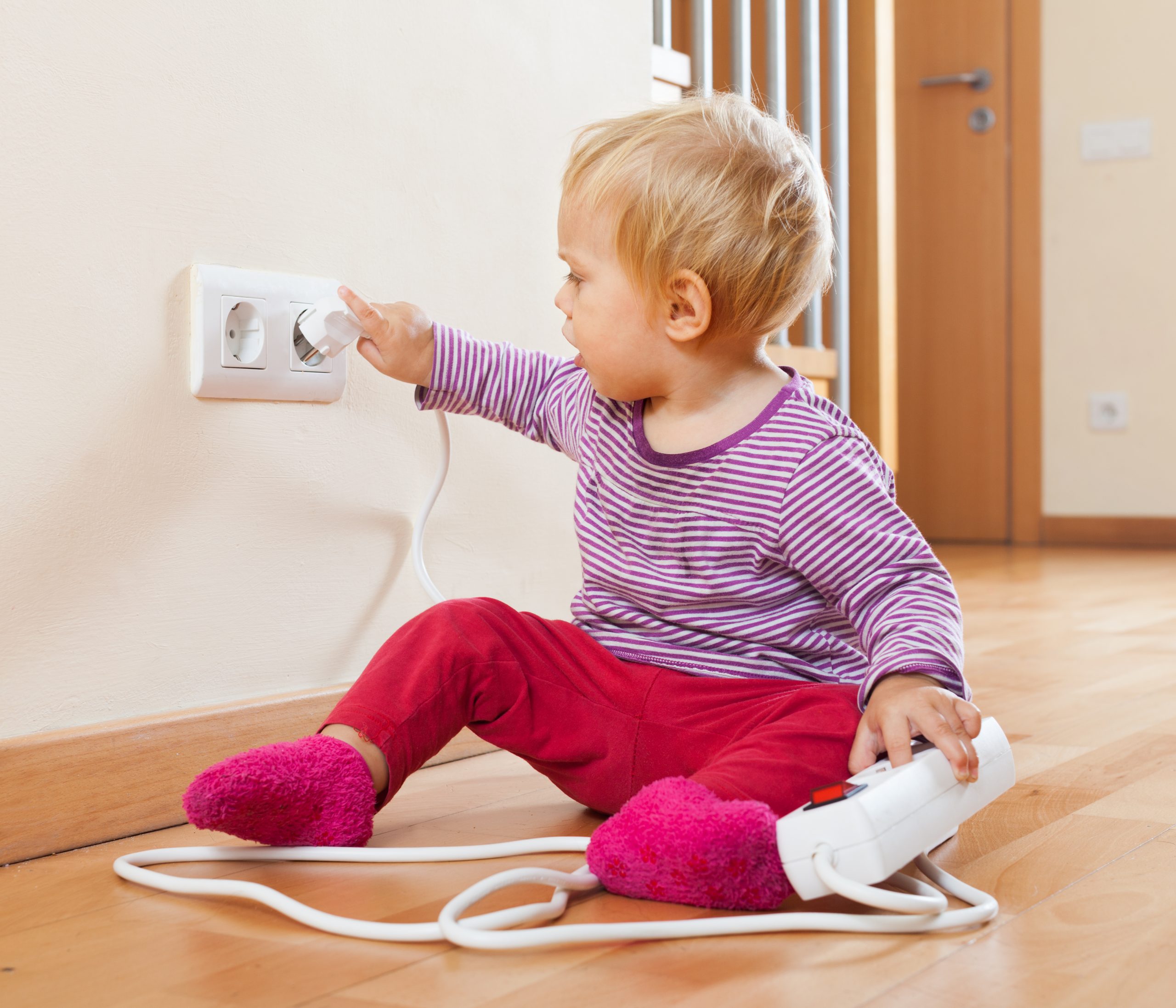







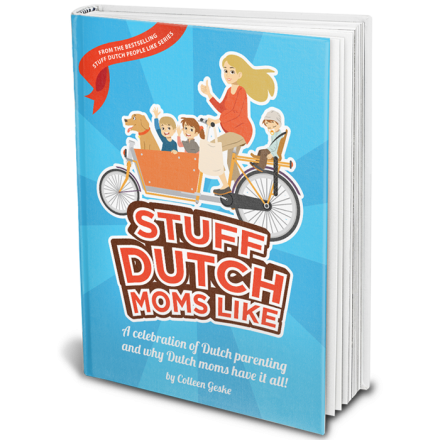
I wish I could have a papadag where I now live!
I don’t understand. Don’t kids have to go to school 5 days a week like in Australia?
Hey there. Im a Journalist from Germany and i would like to do a Radio Peace about the “papadag” in the Netherlands? Ist there anyone I could Talk to in Amsterdam the next 7 days? Think in advance, Lena
Things have certainly changed then. I was married to a Dutch guy. He wouldn’t push a stroller, change a napkin, feed a baby, went to work 7 days a week (didn’t earn anything extra). The excuse was “my father didn’t do those things!”
Fortunately, things changed here too. My son went on to be househusband and carer of both his children and grandchildren – a very hands on father and grandfather.
“Furthermore, a large portion of men who work full-time (36hrs)”
Full-time in the Netherlands is when you work 34 hours or more a week. However 40 hours a week is still the most common full-time contract.
I think this is a marvelous idea. We here in America are a working society and our children are suffering from that. Families are dissolving and becoming obsolete. We have lost our priorities – like making our families come first and we are suffering for it. I admire you for what you are doing. If only we could learn from you and change our values, we could become a better and safer place to live. God bless you ! !
Here in the US, it is very clear that most dads want to be more involved than they are, but are prevented from doing so based on workplace and societal expectations (there’s tons of research to demonstrate this, some of it compiled in my book). More flexible work options would be a great start.
I love this idea of Papadag; on my countless trips to The Netherlands I have often seen Papas and Opas alone with their children or grandchildren cycling around the city or at the market or in the park. It is a great concept that should be adopted globally
Just wow. You try and sell the concept as some amazingly liberal idea, but pause for a moment. Is there a similar word for “Mummy Day”? I’m guessing not. Because every day is Mummy Day, by default. Dads out with kids are either assumed to be brave up-against-it single parents, or they’re hailed as some kind of heroes for, wait for it, *actually spending time – maybe even one whole day a week – with their kids*!
You clearly don’t know what it means to dream big. When men looking after kids is as commonplace as women looking after kids – to the point where it would be ridiculous to have a trendy word for it – then you will have something other nations can aspire to. This is how broken society is. And Mums and Dads are both losing out. #everydaysexism
ps I’m a Dad in the UK. I do all the things you mention in the last paragraph without thinking about it (as does my wife), and I’m tremendously lucky to spend that quality time with my kids. But generally we have the same problem.
Hi Tim,
I’m from the UK and moved to the Netherlands. My experience (and I think this is what the article says) is that men aren’t seen as brave up-against-it single parents / some kind of heroes as you suggest – its just a normal thing to do.
To give you an example, I met a neighbour for the first time the other day when he was out with his kids (and me with mine). I said – guess its your papadag – yes, he replied, end of conversation and not ‘wow, how amazing, you superhero, wear your underpants on the outside of your trousers from now on’.
This compares to my experience in the UK when I worked for a large and prestigious university. When my daughter was born I asked to work part time and this was refused – they said it was impossible for me to work part-time as a lecturer – despite many women doing so after becoming parents. So to answer your second point, in the UK, it is impossible for men to have the same opportunity to look after their kids as women, because the laws are sexist (#everydaysexism) – no six months paternity leave, no right to work part time, or all the other things that women take for granted. It is definitely better over here – many of my male and female friends work part-time so they can mix their career with childcare.
One step at a time.
I moved to the Netherlands a few years ago from the UK. My employer at the time (a prestigious university) refused my request for part-time working when I became a father which shocked me at the time.
I find the whole papadag thing pretty normal now – most of my friends in the neighbourhood work part time, and its nice to meet other dads on papadag. It was only when I read this article that the ‘bad old days’ of the sexist english approach to work norms came to mind.
This is a very modern thing. When my brother was born, 31 years ago, my mother wanted to work part-time, but wasn’t allowed. So when I was born two years later, she quit all together, becoming a stay at home mom.
I also remember a story my grandmother told me. When my father was just an infant my grandparents would go somewhere. My grandfather liked a walk, my grandmother, who was very tiny (not enough milk I recon), sometimes would take the bus instead. But she dreaded to have to take the stroller with her in the bus. You know, those large ones from the ’50s? I can imagine why. So, my grandfather would take the stroller and walk, while my grandmother would take the bus by herself. My grandfather got a lot of remarks, walking with his son on his own. It wasn’t acceptable. I don’t think they did this very often. My grandfather did mind what others thought of him a lot.